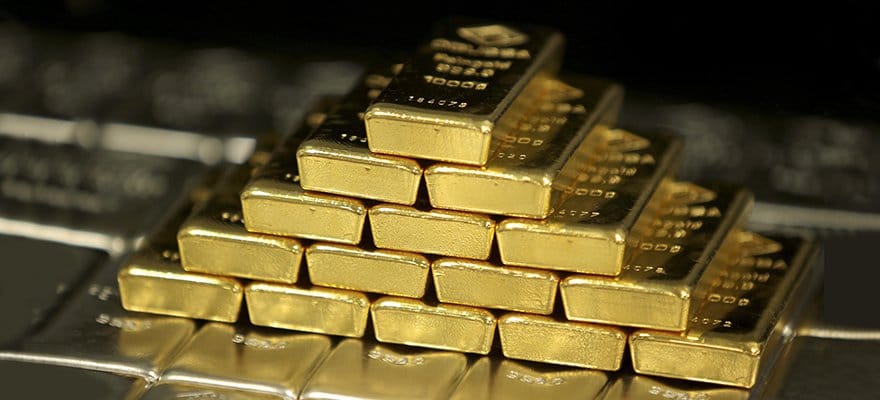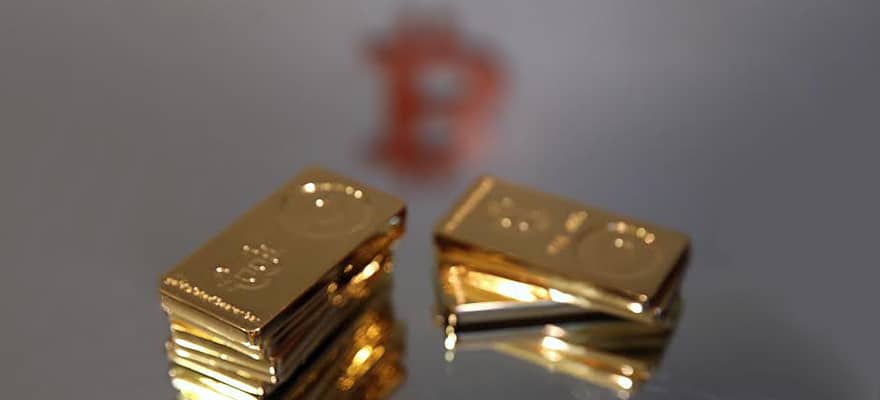This article was written by Evdokia Pitsillidou, Risk Management Associate at easyMarkets.
Britain’s vote to leave the European Union unleashed chaos on the global financial markets, triggering the biggest two-day selloff in the history of equities. It therefore came as no surprise that gold – the world’s preferred hedge against uncertainty – spiked to new two-year highs last week as investors looked for stability in a sea of market turmoil.
Spot gold spiked more than 5% in the first two days after Brexit , reaching its highest level since July 2014. 'Fear trade' pushed the yellow metal up over $100 early Friday, before profit-taking brought prices back down to the low-$1,300 range. By early Wednesday, the yellow metal had consolidated lower, but was unlikely to give up $1,300 anytime soon.
Gold’s rally was important for two interrelated reasons: it pushed the yellow metal out of a predictable price range and laid the groundwork for higher highs. The fundamental picture is strongly supportive of further price gains for gold and other precious metals now that Britain has taken the bold step of ending its 43-year membership with the EU.
Technically speaking, Britain will remain part of the EU for at least two more years. That’s the formal timeframe for negotiating a new trade relationship with the EU, as stipulated by Article 50 of the Lisbon Treaty. The catch: Britain has not said when it will actually invoke Article 50 and open up that two-year window.
Some analysts suggest that Brexit could take up to ten years to fully play out, as per recent CNBC coverage.
David Cameron wasted very little time stepping down as prime minister. The embattled leader and vocal supporter of Britain’s continued membership of the EU announced Friday that he would resign by October. In the interim, Mr. Cameron will attempt to “steady the shop” before Britain begins formal trade negotiations with the EU.
Early signs seem to indicate that the battle to become prime minister is already brewing, with eccentric Brexiter Boris Johnson emerging as one of the favourites to lead Britain through its most critical transition since the post-war period. Home secretary and former London mayor Theresa May has also emerged as a popular candidate for those within the Conservative ranks who can’t stand Johnson.
The latest rally in gold occurred during a period of huge buying interest in the US dollar and Japanese yen, leaving little doubt that risk-off sentiment was driving global markets. Although the markets will be prone to sudden spikes in volatility over the short-term as stock markets correct themselves, the underlying trend is certainly supportive of stronger gains for these so-called safe haven assets.
Let’s also not forget to mention that global economic growth remains weak and Wall Street is mired in an earnings recession. These forces don’t exactly inspire feelings of confidence in the market, making gold an attractive option for risk-averse investors.


















